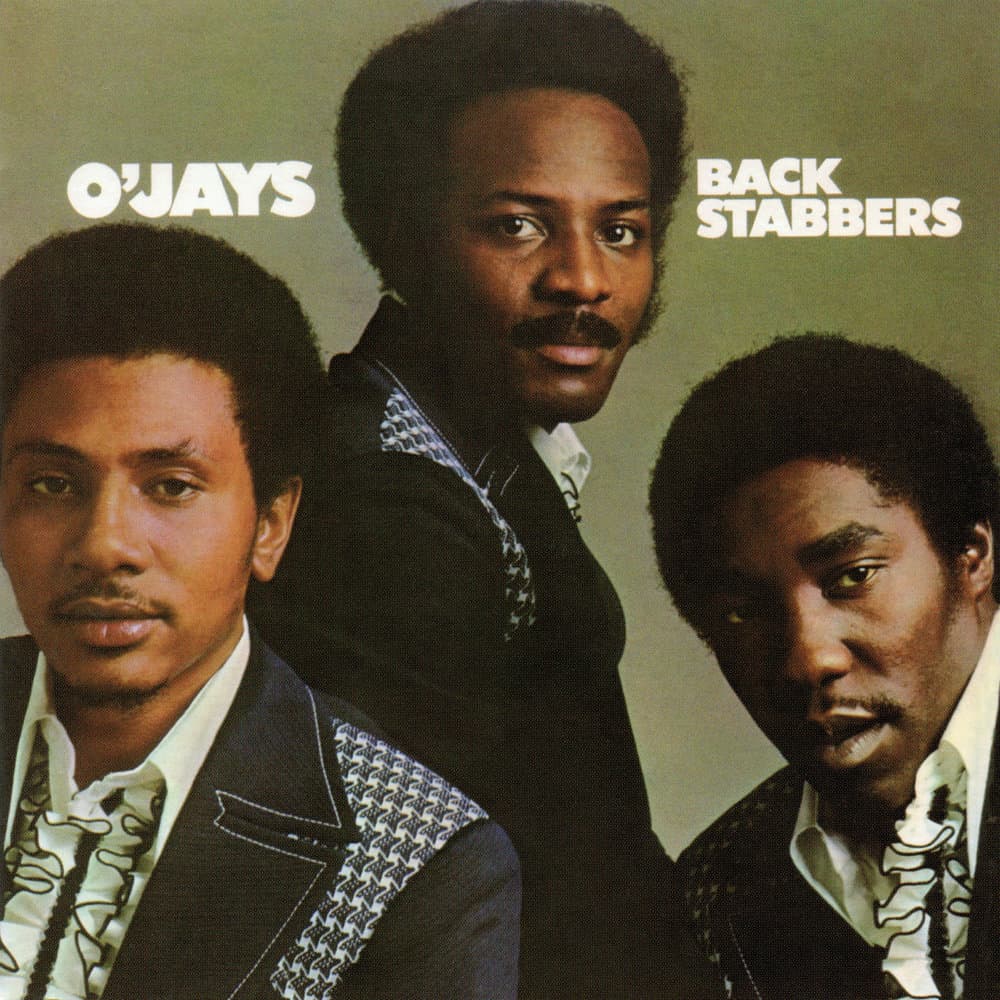
“Back Stabbers” – A Soulful Cautionary Tale of Betrayal and Deception
Released in August 1972, “Back Stabbers” by The O’Jays became an instant classic, combining smooth Philadelphia soul with a biting, cautionary narrative. Written by Leon Huff, Gene McFadden, and John Whitehead, and produced by the legendary duo Gamble and Huff, the track soared to the top of the Hot Soul Singles chart, holding the number one spot for a week. It also crossed over to mainstream success, peaking at number 3 on the Billboard Hot 100 in October of the same year.
At its core, “Back Stabbers” is a warning about deceit cloaked in friendship. The narrator, speaking with equal parts weariness and resolve, advises men to watch out for so-called friends who “smile in your face” while plotting to steal their partners. The theme resonates universally, blending personal vulnerability with a broader social commentary on trust and betrayal.
Musically, the song exemplifies the lush and polished sound of Philadelphia International Records, known as Philly soul. Its arrangement is a masterclass in tension and release, with a driving rhythm section, soaring strings, and vibrant horns that create a sense of urgency. The O’Jays’ impeccable vocal harmonies add emotional weight, shifting seamlessly between smooth delivery and impassioned pleas. The interplay between Eddie Levert’s raw lead vocals and Walter Williams’ and William Powell’s harmonies imbues the song with depth and sincerity.
“Back Stabbers” was part of a cultural moment, arriving at a time when soul music was becoming a vehicle for sophisticated storytelling and social critique. Its thematic connection to the Undisputed Truth’s “Smiling Faces Sometimes” reflects this trend, as both songs address the duplicity lurking beneath outward charm. By quoting the chorus of “Smiling Faces Sometimes” at its conclusion, “Back Stabbers” ties itself to a larger narrative, reinforcing its message with a nod to its inspiration.
The track’s legacy extends far beyond its chart success. It became a cornerstone of The O’Jays’ career and helped solidify Philadelphia soul as a dominant force in 1970s music. Its inclusion in the soundtrack for the 1977 film Looking for Mr. Goodbar and later sampling by Angie Stone for her 2002 hit “Wish I Didn’t Miss You” further attest to its enduring influence.
Decades after its release, “Back Stabbers” remains a soulful masterpiece, blending infectious grooves with a powerful narrative. Its combination of slick production, heartfelt vocals, and timeless themes ensures that it continues to resonate with listeners, offering a vivid reminder of the dangers of misplaced trust and the complexity of human relationships.